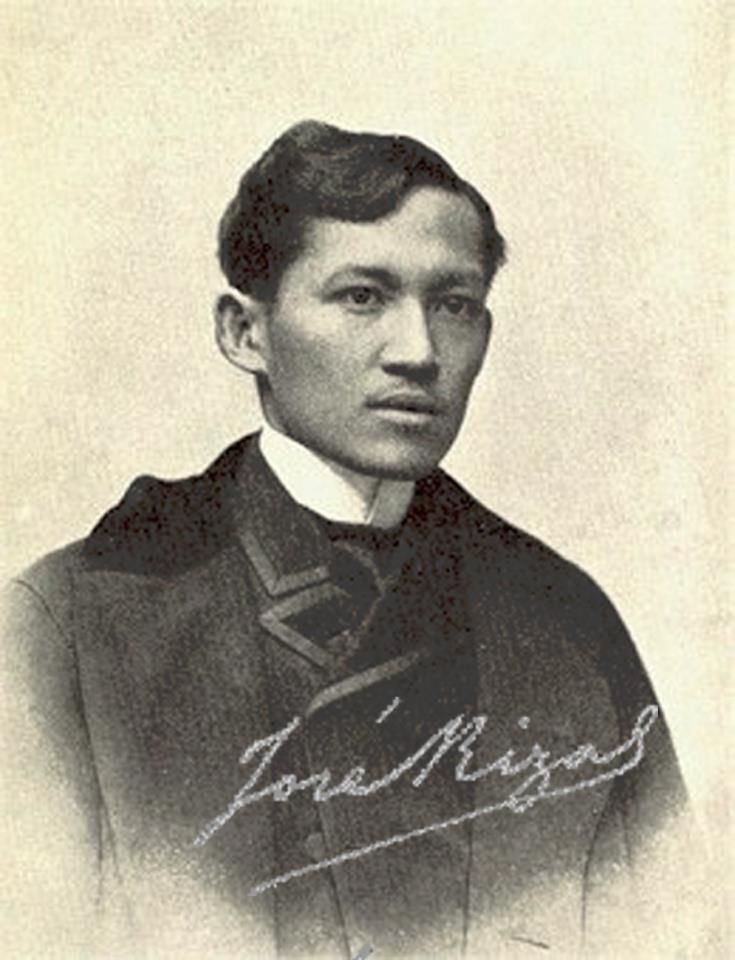
A Sacred Wholeness: Why Catholic Social Teaching Demands a Shift from Sectoralism to Areaism
The Catholic Church possesses one of the world's most profound and consistent bodies of social teaching. Yet, despite its immense moral authority and global reach, the very injustices it decries continue to accelerate. The reason is a tragic paradox: the Church has been trying to run its sacred social software on a corrupt and incompatible operating system.
A Sacred Wholeness: Why Catholic Social Teaching Demands a Shift from Sectoralism to Areaism
Institute of Area Management, Iba, Zambales Philip G. Camara, Founder September 23, 2025
The Catholic Church possesses one of the world's most profound and consistent bodies of social teaching. For over a century, through encyclicals like Rerum Novarum to Laudato Si', it has championed a vision of a just and humane world.
Yet, despite its immense moral authority and global reach, the very injustices it decries—poverty, inequality, environmental destruction—continue to accelerate.
The reason is a tragic paradox: the Church has been trying to run its sacred social software on a corrupt and incompatible operating system. That system is Sectoralism.
To be true to its own foundational principles of Stewardship, Subsidiarity, Solidarity, and Servant-Leadership, the Church has a moral imperative to reject the dominance of this fragmenting ideology.
It must recognize that Areaism is the only operating system where its social teachings can be fully realized. For the sake of God's creation and its people, the Church must look at the broken world Sectoralism has created and say, "Enough is enough."
The Four Pillars: The Divine Software for a Healthy Area
The Church's social doctrine is not a collection of abstract ideals; it is a practical guide to building a society that reflects the wholeness of Creation. When applied within the defined, tangible boundaries of a Biodistrict, these teachings become a powerful engine for just and sustainable development.
Stewardship of Creation: The Church teaches that humanity is entrusted with the care of God's creation. Sectoralism treats creation as an "externality"—a separate sector to be exploited for profit. Areaism makes Stewardship concrete. "Creation" is not an abstract globe; it is the specific ridge-to-reef ecosystem of the Central Zambales Biodistrict. As stewards, the community's primary economic mandate is to enhance this specific place's carrying capacity, a goal perfectly aligned with the ecological economics of Sixto K. Roxas.
Subsidiarity: This is the core of Catholic political thought: that governance should be performed at the lowest, most local level possible. Sectoralism is the enemy of subsidiarity, centralizing power in distant capitals and corporate boardrooms. Areaism is subsidiarity in action. Its model of nested Area Councils, rooted in the barangay and municipality, is the political hardware that allows communities to practice the consensual governance Elinor Ostrom proved was so effective.
Solidarity: The Church calls us to recognize our interconnectedness as one human family. In a Sectoralist world, we are atomized into competing consumers, producers, and nations. In an Areaist Biodistrict, solidarity is a lived reality. The health of one household is visibly tied to the health of the entire ecosystem and community. You cannot poison the river upstream without harming your neighbors downstream and, ultimately, yourself. Solidarity ceases to be a feeling and becomes a functional, unignorable fact.
Servant-Leadership: The Gospel ideal of leadership is not domination, but service. Sectoralism rewards leaders who can best extract value for their specific part—their company, their party, their ministry. Areaism demands Servant-Leadership. The role of a leader on a Biodistrict Council is not to dictate, but to listen and facilitate—to be a servant to the collective intelligence of the whole community, guiding it toward decisions that uplift everyone.
Pouring Holy Water into a Leaking Bucket
For too long, the Church has attempted to address the wounds of the world using Sectoralist tools. It runs a "social action" program separate from its "finance" committee. It launches a "poverty alleviation" project that is disconnected from the local agricultural and ecological reality. It rightly calls for the protection of God's creation in encyclicals like Laudato Si', but then partners with development models that treat the environment as a separate issue to be "managed."
This is like pouring holy water into a leaking bucket. The inherent fragmentation of the Sectoralist system drains the power and potential of the Church's best efforts, ensuring they remain "projects" and "programs" rather than catalysts for systemic, regenerative change.
"Enough is Enough": A Prophetic Call for Wholeness
The time for tinkering within a broken system is over. The social and ecological crises are an urgent sign that the operating system itself is the problem.
It is therefore incumbent on the Catholic Church, as the world's largest and oldest champion of these social teachings, to make a prophetic stand. It must name the false idol of Sectoralism and declare that its logic of fragmentation is incompatible with the Gospel and the integrity of God's creation.
The Church must advocate for the logic of the whole. It must use its vast educational, social, and pastoral networks to champion the principles of Areaism. This is not a political choice; it is a moral one. It is the only way to create a world where Stewardship, Subsidiarity, Solidarity, and Servant-Leadership can finally flourish, healing our broken world from the ground up, one sacred, whole Area at a time.
About Philip G. Camara
Philip Camara is the founder of the Institute of Area Management and a leading advocate for sustainable community development through the principles of Areaism. His work focuses on transforming how communities organize themselves for collective well-being and ecological resilience.


